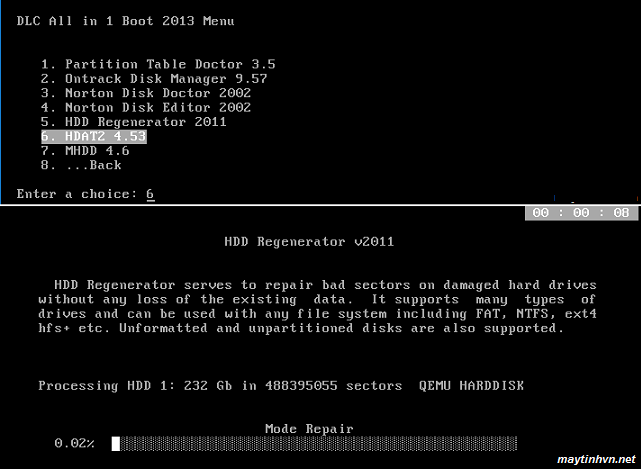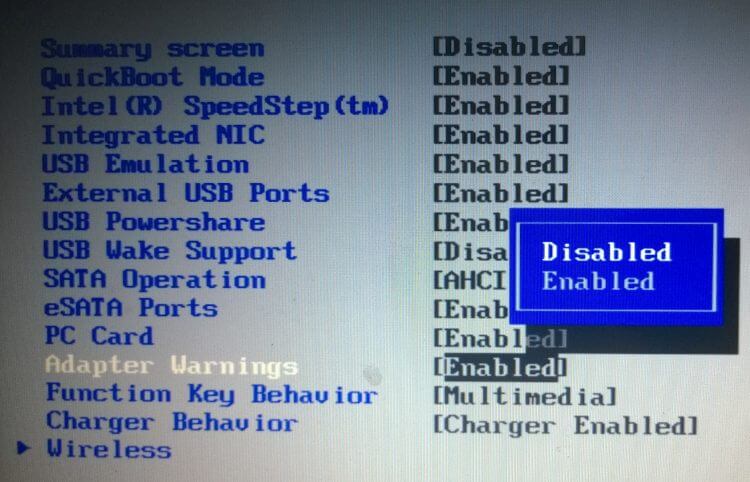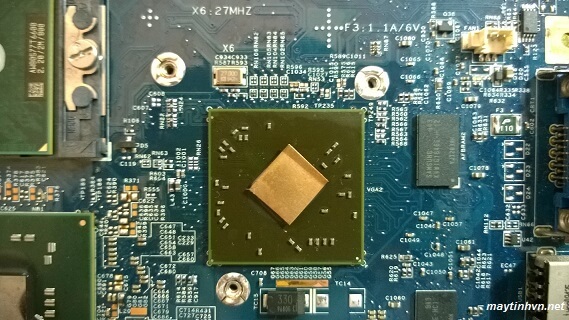Chọn Chủ Đề Tìm Kiếm:
Quantum Computing Vs Cloud Computing: A Comparative Analysis
Quantum computing and cloud computing represent two of the most transformative technologies of the 21st century. Both offer tremendous potential to reshape industries and redefine what’s possible with computing power. However, quantum computing and cloud computing operate in very different ways and are suited for distinct use cases. In this article, we will compare and contrast quantum computing and cloud computing across several key factors.
Overview of Quantum Computing
Quantum computing utilizes the strange phenomena of quantum physics to perform calculations and solve problems. Unlike classic computers which operate using binary bits represented as 0s and 1s, quantum computers utilize quantum bits or qubits. Qubits can represent 0, 1 or a quantum superposition of both states simultaneously. This allows quantum algorithms and programs to evaluate many potential solutions concurrently.

The potential of quantum computing lies in its ability to solve complex problems with an immense number of potential solutions far faster than any classical computer. Prime factorization, optimization problems, quantum chemistry simulations and machine learning are some areas expected to be revolutionized by quantum computing. However, quantum computers require complex cryogenic setups to maintain the fragile quantum states. The field is still in its early stages with significant research being done by companies like IBM, Google, Microsoft and startups like Rigetti, IonQ and D-Wave.
Overview of Cloud Computing
Cloud computing provides on-demand access to computing resources, applications, storage and services over the internet. With cloud computing, organizations can benefit from greater flexibility, scalability and cost savings. Resources can be provisioned and scaled to meet demands without upfront infrastructure costs. Cloud computing services are provided by companies like Amazon Web Services, Microsoft Azure and Google Cloud Platform.
There are three main types of cloud computing services – Infrastructure as a Service (IaaS), Platform as a Service (PaaS) and Software as a Service (SaaS). IaaS provides access to computing power, storage and networks. PaaS provides platforms to develop, run and manage applications. SaaS provides access to complete software applications. Cloud computing is currently used extensively across industries from small businesses to large enterprises.
Head to Head Comparison
Application
- Quantum computing is still largely experimental and in the research phase. Practical applications are limited currently, but the potential is immense. It could allow breakthroughs in fields like drug discovery, financial modeling, artificial intelligence and more.
- Cloud computing is broadly used commercially across industries. It provides the foundation for most modern internet based services and applications like ecommerce, social media, mobile apps etc.
Accessibility
- Accessing quantum computers requires advanced physics and engineering knowledge. Operating quantum computers is complex, requiring specialized skills and setups. Leading quantum computing providers offer cloud access to quantum processors.
- Cloud computing services are designed to be easy to use and accessible to anyone with basic computer skills. Provider platforms offer intuitive dashboards and templates to provision resources.
State of maturity
- Quantum computing is an emerging technology still in the experimentation and prototype phase. Significant hardware challenges remain in building stable, scalable quantum computers with high qubit counts.
- Cloud computing is a mature technology widely adopted commercially. Cloud platforms and services are highly evolved, reliable and scalable. The market is dominated by established providers like AWS, Azure and GCP.
Cost
- Accessing quantum computers is currently very expensive, with limited providers. IBM offers cloud access to its quantum processors starting at $1500 per month. Significant investment is still required in quantum hardware development.
- Cloud computing allows pay as you go access, enabling cost savings. Businesses can optimize costs and scale based on usage needs. The cloud market has competitive pricing from established providers.
Performance
- The performance gains of quantum computing over conventional computers are projected to be immense for specific use cases. Quantum algorithms can offer exponential speedups over classical algorithms.
- The performance of cloud computing depends on the provisioned resources. Cloud infrastructure can provide access to high powered computing up to the largest supercomputers. However, cloud cannot provide quantum advantages.
Security
- Quantum computing poses long term risks to current encryption standards like RSA and ECC. But currently, access to quantum computers is limited to research labs and providers with strong physical and cybersecurity.
- Cloud computing providers implement robust security measures and protections. But storing data and applications on the cloud also poses risks like data breaches. Users retain responsibility for application level security.
Customization
- Since quantum computers are still experimental, they offer little flexibility or customization currently in processor architectures or software stacks. Providers offer limited ability to tailor gate operations.
- Cloud platforms offer high customizability in choosing infrastructure configurations and combining services. Cloud services can be programmatically provisioned, configured and managed using interfaces like CLI, SDKs, etc.
Key Differences Between Quantum and Cloud Computing
- Purpose – Quantum computing aims to harness quantum physics to solve specialized problems intractable for classical computers. Cloud computing aims to provide on-demand, flexible access to computing resources and services over the internet.
- Access – Quantum computing currently requires expert skills and authorized access to limited experimental systems. Cloud computing platforms are designed to be easy-to-use and on-demand for the general public.
- State of Maturity – Quantum is experimental technology still being researched and developed. Cloud computing is commercially widespread and stable technology.
- Cost – Quantum access is expensive and limited. Cloud enables cost-effective pay-as-you-go usage of computing resources.
- Performance – Quantum offers potential for exponential speedups over classical computers for specific problems. Cloud provides high performance computing up to supercomputer scale, but cannot provide quantum advantages.
- Security – Quantum poses future encryption risks but has high current security. Cloud requires robust security practices by providers and users.
- Customization – Quantum systems offer little flexibility or customization presently. Cloud platforms allow highly customizable configurations.
Similarities Between Quantum and Cloud Computing
- Both rely on internet based access to computing resources maintained by external providers rather than local infrastructure.
- Both technologies offer the potential to democratize access to advanced computing power that would otherwise be inaccessible to most organizations.
- Adoption of both quantum and cloud computing require adjustments to development practices and operations to utilize the remote resources.
- Skills and training will be necessary to effectively leverage the capabilities of both technologies as they continue maturing.
The Future Outlook
Quantum computing is poised to be a massively disruptive technology once quantum hardware and software matures. It could drive breakthroughs in material science, drug discovery, finance, artificial intelligence and other areas. Cloud computing will continue evolving as the primary platform for delivering internet based services and driving digital transformation across industries.
While still earlystage, quantum computing will likely be integrated with cloud platforms in the future. Cloud providers are already making investments to offer quantum computing as a future service. This will potentially allow combining the benefits of on-demand access, scalability and easy provisioning offered by cloud computing with the immense performance gains promised by quantum to solve complex problems. Realizing the full potential will require surmounting significant technical hurdles in quantum hardware development and making quantum programming accessible to mainstream developers.
Conclusion Quantum Computing Vs Cloud Computing – How Do They Compare?
Quantum computing and cloud computing are powerful but distinct technologies. Quantum utilizes quantum physics to solve specialized problems that are intractable for classical computers. Cloud provides easy, on-demand access to scalable computing resources over the internet. While still experimental, quantum aims to drive breakthroughs in material sciences, healthcare, finance and other complex domains. Cloud enables innovative internet-based services and efficiency gains for organizations. The future integration of user-friendly cloud access with performant quantum backends could allow both technologies to complement each other and jointly drive further innovations.
>See more: Quantum cloud computing







